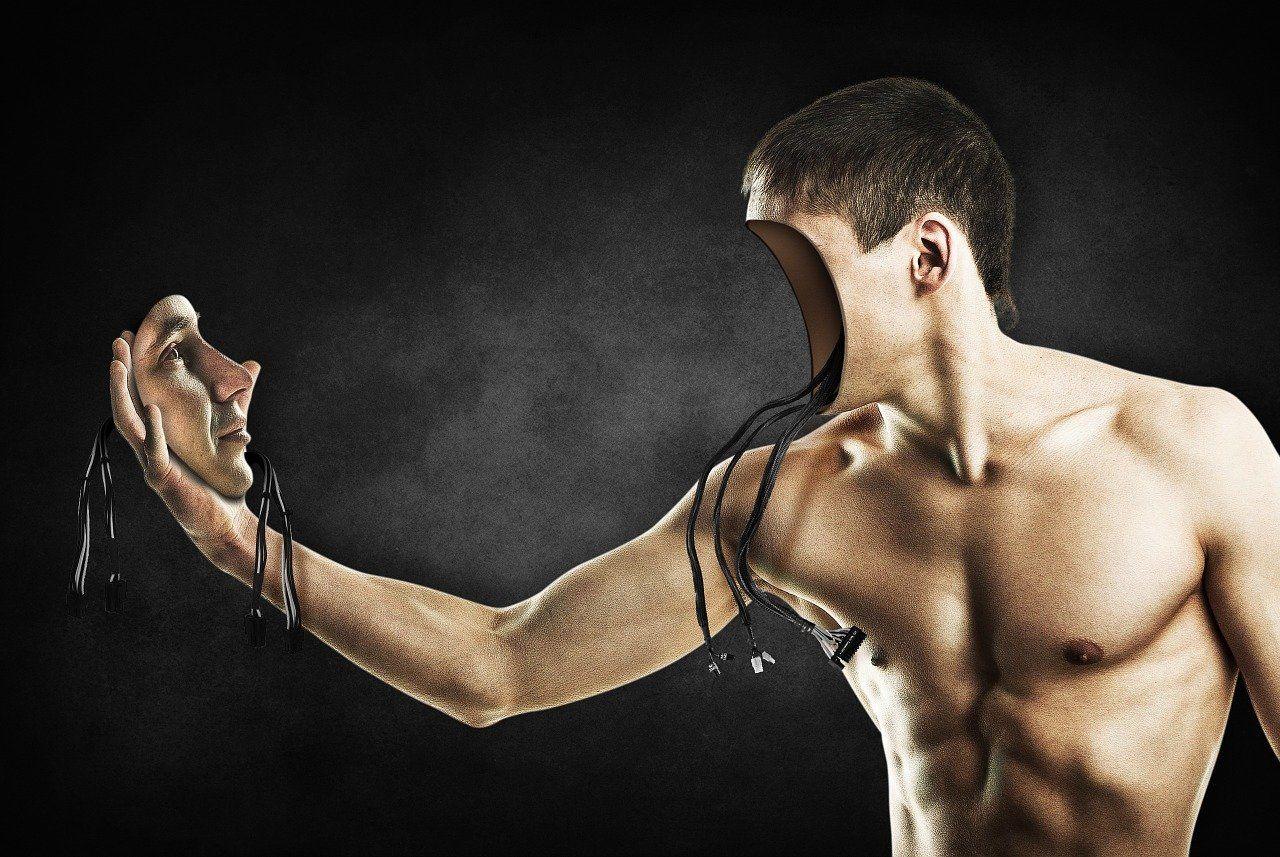We live through a technological change unlike everything in history. As artificial intelligence and robotics evolve quickly, they do more than change our way of working – they change Why We work. During the next decade, if humanity can uniformly share automation technology in society, we are faced with the real possibility that most people will simply not have to work to survive. Some futurists, including myself, call it the automated economy in abundance.
The basic idea is simple: once machines can make most jobs – such as agriculture, construction, health care, education – most of the life can be produced in abundance, with very little human work. In this world, wealth ceases to be the reward for work and becomes a shared result of automation.
At the heart of this change are two forces: almost total automation and a proposed universal basic income (UBI). Machines and software improve, faster and cheaper, and they already replace certain mass work – from factory floors to fast food meters. Probably in five years, machines regularly build our homes, will grow our food, teach our children and take care of the elderly. This kind of productivity will generate immense richness, even if humans no longer create it directly.
So how can we make sure that wealth benefits everyone? This is where Ubi comes into play. It is not well -being – it is a dividend. A share of the value created by automation, distributed to each citizen simply because they are part of the system which led to this exact economy.
Critics will say that it is socialism, but this is not the case. The automated economy in abundance still supports private property, entrepreneurship and innovation. People investing in automation will see yields. But the system would also be taxed or regulated so that part of this wealth returns to the public in the form of UBI, purchase options for AI companies or similar ideas.
In this context, UBI and other social monetary programs become a kind of economic citizenship – a guarantee that you will have access to food, refuge, health care and education, without having to hit a clock. This also questions the old idea that the value of a person is linked to their work. In this future, we all have intrinsic economic value simply by being alive.
Of course, even if work will not be a survival requirement, many people will Always choose to work. But in this new system, motivation will be intrinsic, not economical. Creative fields, concert work, writing, design – it will flourish. And as survival is not at stake, people can afford to take risks, experiment or fail without fear.
Certain parts of this are already happening. Automation regularly pushes humans of repetitive and manual jobs. The abundant automated economy simply follows this trend in its logical conclusion. Because when the machines can manage everything, from cleaning to care, that forces us to ask: what do we want to do our time, if the survival no longer requires most?
The answer could be a global cultural renaissance. A world where creativity, curiosity and connection define daily life; A world where everyone is fortunate to be a creator, a thinker or an explorer. We can finally have time and freedom to fully explore the human potential, no longer mired by daily milling.
The automated economy in abundance is not only a question of work either. Futurists like me want the government to give or praise a humanoid robot with each American household. These robots would manage daily tasks – such as cooking, cleaning and laundry – saving hours each week for families. Over time, having a personal robot could be as normal as possession of a smartphone today.
Even governance could evolve. If the machines can apply safety, compliance and even legal standards, we may not need as much traditional bureaucracy. Public systems could be managed by a transparent AI formed on ethical frameworks and shaped by citizens. Some even suggest models such as liquid democracy, where people vote directly on politicians, nourishing these preferences in intelligent systems that perform decisions.
What I like most in the automated economy in abundance is that it avoids the worst of capitalism and socialism. It is not aimed at destroying markets or prohibiting private property. Instead, he maintains innovation alive while ensuring that no one is left behind.
However, none of this will be easy. If we are not paying attention, automation could still concentrate wealth and power. Surveillance, moving employment and cultural countertens are real risks. Engineers cannot shape this future – we will need ethics, artists, decision -makers and everyday people at the decisions table. It must be ethical, inclusive and democratic.
Like it or not, the automated economy in abundance arrives much faster than most people think. Our task is not to fight the future – he must guide him, to shape a society where freedom, development and human dignity are not only reserved for the lucky few. It is not only a new type of economy; It is a new way of life, a company should kiss.




